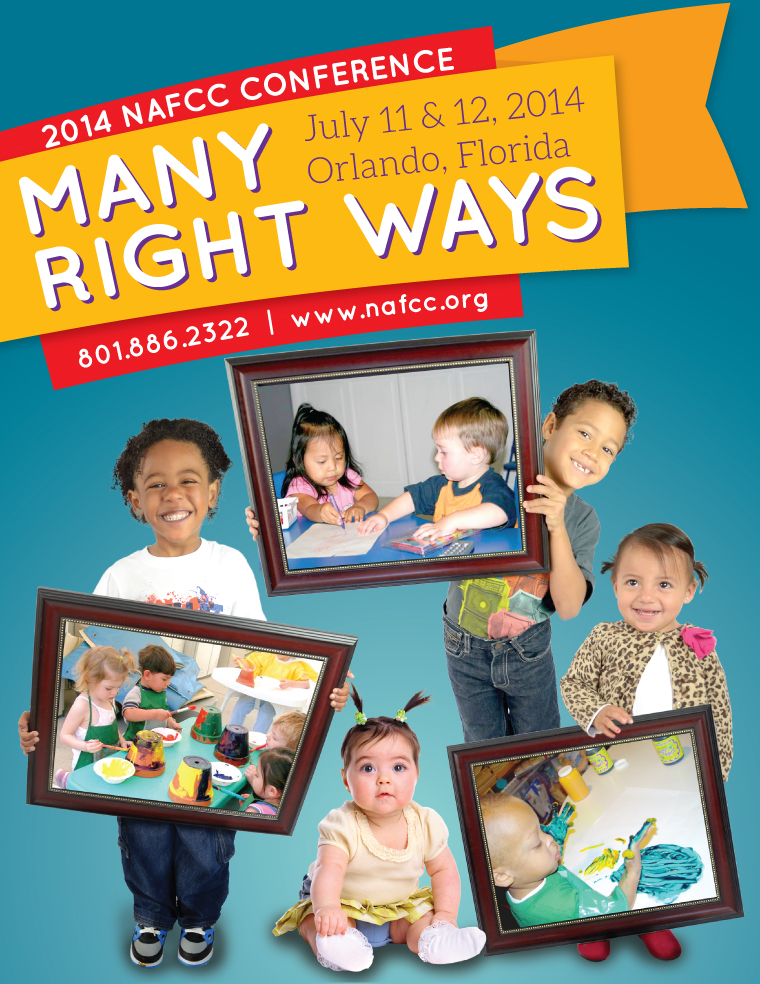 Child Care Provider Checklist of Deductible Supplies
Child Care Provider Checklist of Deductible Supplies
Checklists make life easier. Lists that are for your specific business are even better. Use our Checklist of Deductible Supplies to make your life a little easier – and it’s in word or PDF format.
If you use it in word, you can customize it with your business logo and print out one for each month. Take 12 plain manila. straight-edge, file folders, make one for each month (for example, January 2015 Deductible Supplies, February 2015 Deductible Supplies, and so on). At the end of the year, you have a handy record of all your related purchases and corresponding receipts in one folder. Make sure you check back for checklists for the kitchen and repairs & maintenance.
Click on the image below and it will download a word document that you can customize to your specifications. For a PDF version, click HERE.
IRS FORMS Exclusive Use Rule POLICIES & PROCEDURES Checklists, Mail & Mileage Logs IMPORTANT TAX DATES Articles & Books GLOSSARY OF TERMS Childcare Provider BLOG US-TaxLaws.com BLOG Crime Prevention and Emergency Handbook
Home Fire Safety Self-Inspection Checklist TAX INTERVIEW CHECKLIST
Child care provider medical safety checklist Provider Meal and Snack Log
The Baby Name Wizard
For more than 30 years R. Patrick Michael has prepared tax returns for individuals, small businesses, cottage industries and in-home child care providers. Pat is a recognized child care provider tax expert, and gives educational seminars for child care providers in San Diego County for the YMCA Child Resource Services, and he has been doing this for more than 18 years. Pat and his team have built a following of long-term clients, family/generational clients, new meets and word-of-mouth referrals. Child Care Tax Specialists take care of their clients year-round with tax preparation, business entity creation and support, as well as tax planning for retirement, and estate planning.
NEED HELP? CALL (619) 589-8680 TODAY!

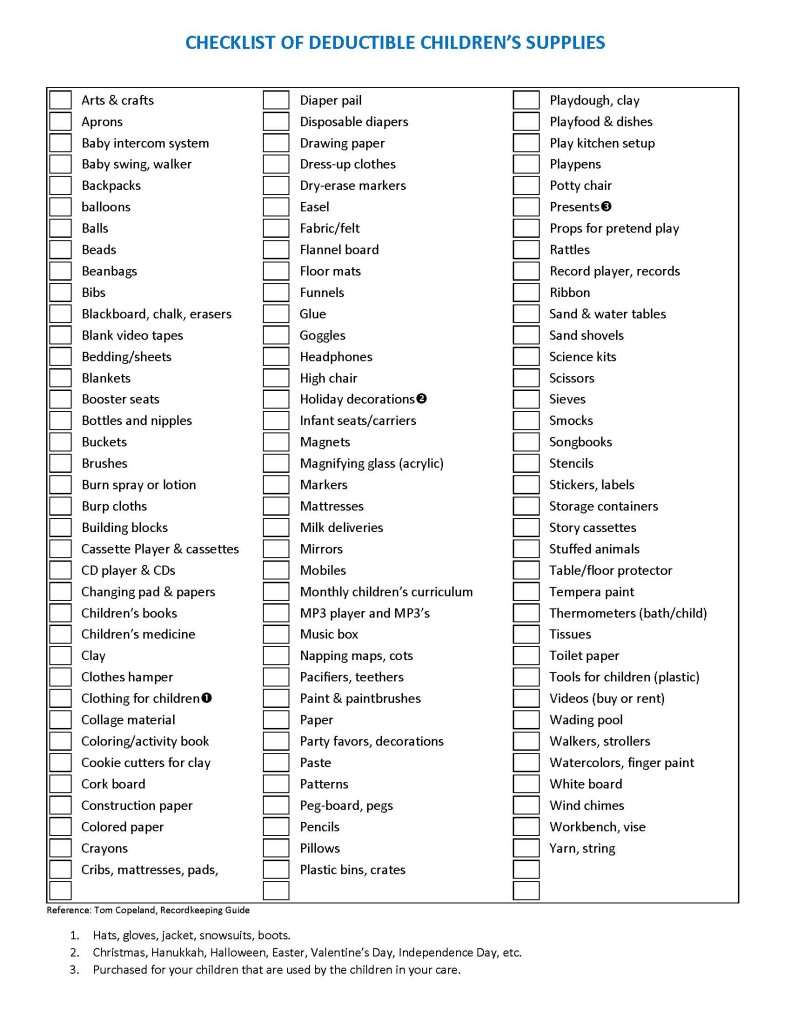
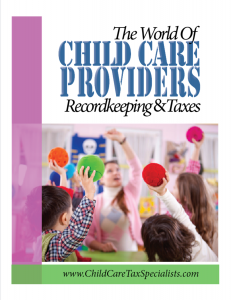
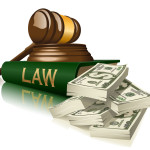
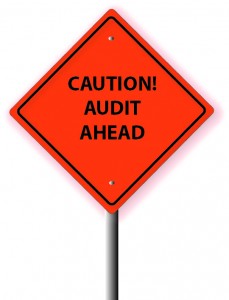
 DEBIT CARD? CREDIT CARD? CASH?
DEBIT CARD? CREDIT CARD? CASH?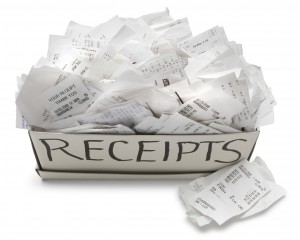

 Now that April 15 has come and gone – you may look at this time as an opportunity to clean up, clean out and get organized. We will be writing about tips to freshen or set up your in-home office to help you in your recordkeeping, but before we go there… let’s talk about your tax files first and what you need to keep.
Now that April 15 has come and gone – you may look at this time as an opportunity to clean up, clean out and get organized. We will be writing about tips to freshen or set up your in-home office to help you in your recordkeeping, but before we go there… let’s talk about your tax files first and what you need to keep.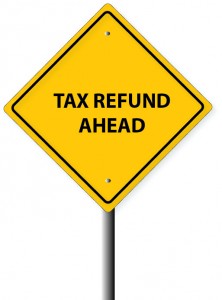 We always meet with our new child care provider clients to check their past deductions because many times they have not properly depreciated the day-to-day materials, furniture, and household items they use in the daily operation of their business.
We always meet with our new child care provider clients to check their past deductions because many times they have not properly depreciated the day-to-day materials, furniture, and household items they use in the daily operation of their business.